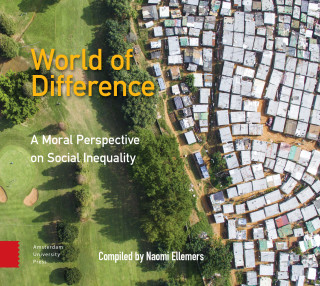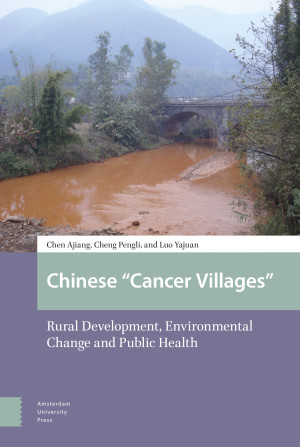The phenomenon of "cancer villages" has emerged in many parts of rural China, drawing media attention and becoming a fact of social life. However, the relationship between pollution and disease is often hard to discern. Through sociological analysis of several villages with different social and economic structures, the authors offer a comprehensive, historically grounded analysis of the coexistence between the incidence of cancer, environmental pollution and villagers’ lifestyles, as well as the perceptions, claims and responses of different actors. They situate the appearance of "cancer villages" in the context of social, economic and cultural change in China, tracing the evolution of the issue over two decades, and providing deep insights into the complex interactions and trade-offs between economic growth, environmental change and public health.

